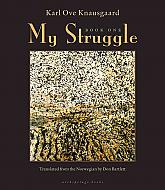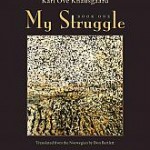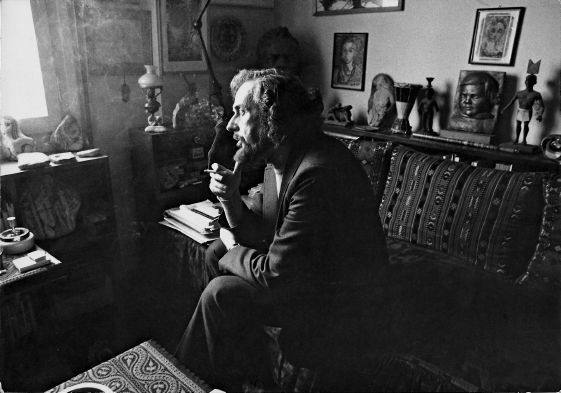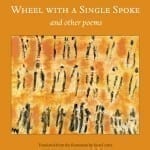“….The Greek poet Yannis Ritsos, interned on one prison island or another in the late 1940s and early 50s, wrote poems recording his experiences in these bleak settings. Beautifully edited and translated by Karen Emmerich and Edmund Keeley as Diaries of Exile, his journal-like verses record soccer games, meals, the late arrival of newspapers, moonlight, sheep bells. But that’s not all. There is a scoured, chastened, slowed-down quality of abstraction to the poem I happened to flip to because it was written on the day I was born, November 8, 1948:
Bit by bit the leaves on the grape vine turned yellow.
Now they’re brown and red. The wind
blows through them in the afternoon. We struggle
to bind our attention to a color a stone
the way an ant walks. A bumblebee
creeping along a dry leaf makes as much noise
as a passing tram. That’s how we realize
what silence has settled within us.
“The way an ant walks” sent me back to a poem I wrote in a moment of waiting when I had not a book but a notebook that doubled as a sketchpad on my knee: “I bend to the open notebook; distracted, turn my head. / Tiny brown ants are climbing up a stalk of goldenrod. / It isn’t clear what goal they hope to reach”. “Only So Much”, the title of my poem, refers to attention: “There is only so much we can notice all at once”. How much attention can we summon at will? “We struggle to bind our attention to the way an ant walks”, writes Ritsos. Where else would his attention, or mine, wander off to? James Merrill’s “Time”, a work that moves between verse and prose, fixes on the symptoms of the poem’s addressee, a friend suffering from an inability to focus attention for long on anything, including finishing the letter he is writing.
You swiftly wrote:
“… this long silence. I don’t know what’s the matter with me. All winter I have been trying to discipline myself – ‘Empty the mind’, as they say in the handbooks, ‘concentrate on one thing, any thing, the snowflake, the granite it falls upon, the planet risen opposite, etc, etc’ – and failing, failing. Quicksands of leisure!”
… The pen reels from your hand.
“Quicksands of leisure” elegantly evokes the abundance of empty time to be found in a surprising number of venues from waiting rooms to rocks in Vermont fields to the island of Leros. The silence and the emptiness are waiting for us. The open notebook may beckon, or we may drop our pen. If we have a book to read, so much the better. But first it seems necessary to face the blankness of the page or the sky – to feel, as Ritsos puts it, the silence settling within us.








